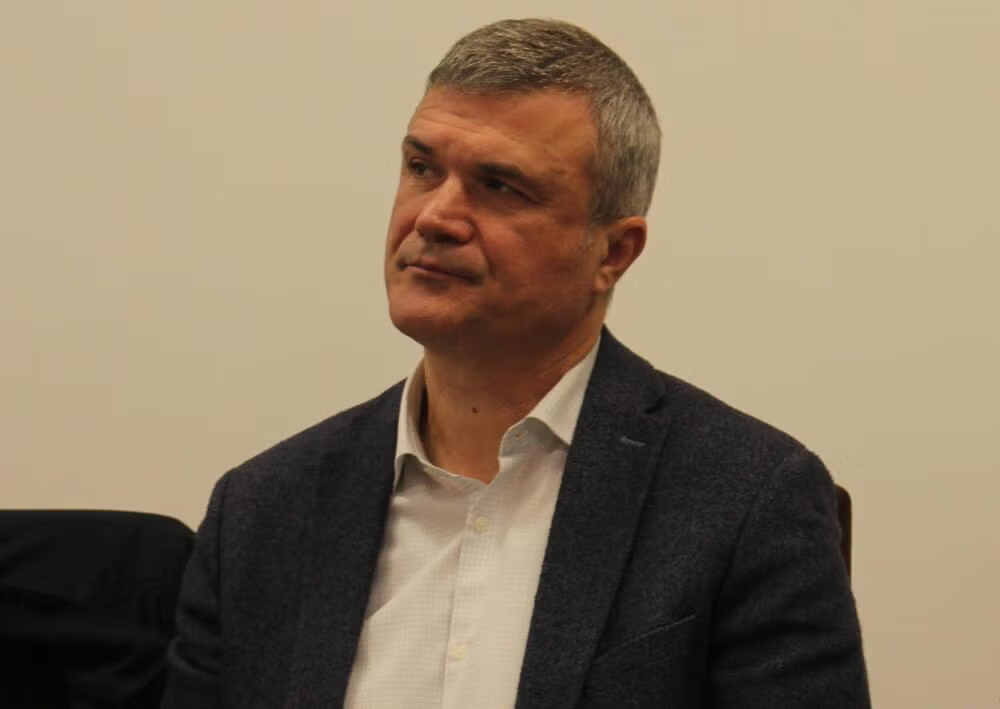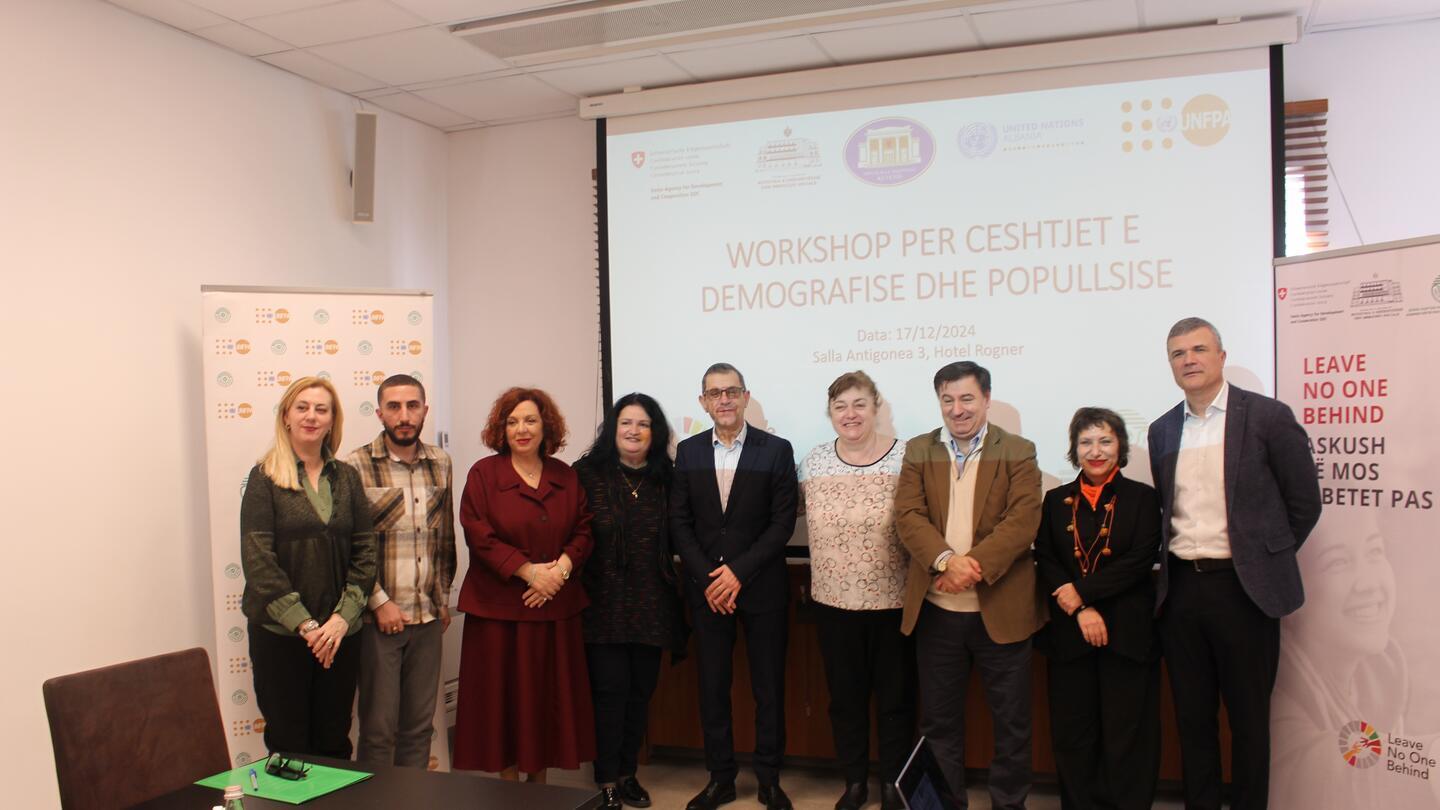UNFPA Holds Second Workshop with Parliamentary Group on Population, Focusing on Demographic and Aging Issues in Albania
UNFPA aims to strengthen the capacity of parliamentarians in analyzing Albania’s demographic landscape and the challenges it faces, breaking down key issues and discussing necessary policy improvements.
The workshop gathered representatives from UNFPA Albania, ACPD, the Ministry of Health and Social Protection, the State Social Service, and the Institute of Public Health.
Albania is grappling with challenges such as population aging, declining birth rates, and migration. This workshop primarily focused on aging and the necessary measures to ensure dignity and active inclusion for the elderly.
Dr. Manuela Bello, Head of UNFPA Albania, highlighted that aging is both a development indicator and a global phenomenon. She emphasized the urgent need for a new national aging strategy for 2025-2030, stressing that sustainable interventions and support from institutions and partners are essential.
©UNFPA
Meanwhile, Prof. Arjan Gjonça from the London School of Economics analyzed the impact of migration and declining birth rates on the country’s demographic structure. He emphasized that low fertility rates and migration are key drivers of population aging and that maintaining a balance between these phenomena is crucial.
Moreover, the discussion also focused on active aging and long-term care, where experts highlighted, through statistics and practical examples, the need to expand access to long-term care and improve social services for the 65+ age group. Currently, Albania has 474,000 pensioners, 90,000 of whom have disabilities. The discussion emphasized that social isolation and extreme poverty are pressing challenges requiring concrete action.
Regarding family policies and increasing birth rates, Dr. Elona Gjebrea stated that supporting young families and extending social assistance are essential. According to her, the birth bonus alone is not sufficient, and additional measures such as reducing working hours and creating family-friendly environments are necessary.

One of the key conclusions of the workshop was the need for concrete actions at both local and national levels. Dr. Alban Ylli from the Institute of Public Health (ISHP) proposed increasing the resident population in Albania through well-targeted policies. Experts also supported the idea of developing an interministerial strategy to address the challenges of aging.

The discussions concluded with an emphasis on the necessity of short-term, medium-term, and long-term plans to address demographic issues. Ground-level support and continuous monitoring of measures were considered vital. UNFPA reaffirmed its commitment to continue supporting population and aging issues in Albania.
This workshop reinforced the importance of addressing aging and demographic issues as national priorities, ensuring sustainable development and an inclusive society.


